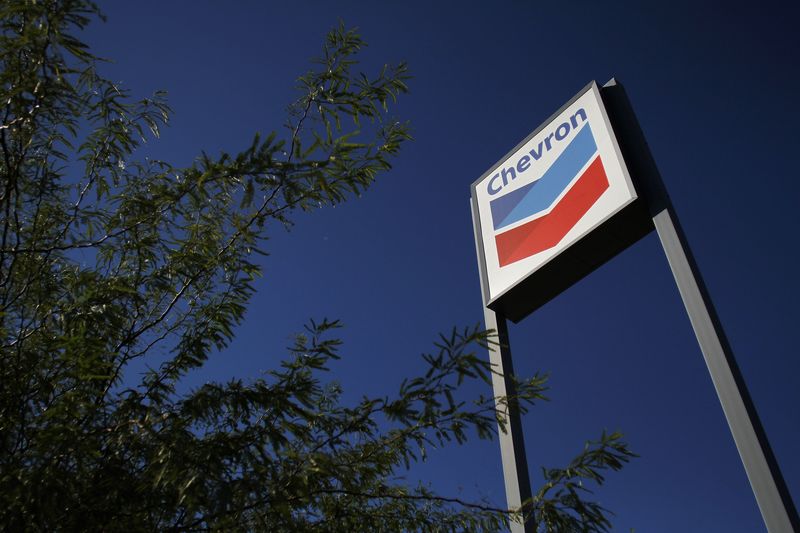Chevron Corporation (NYSE:CVX) has proposed a $60 billion equity acquisition of Hess Corporation (NYSE:HES), a move following Exxon Mobil Corporation (NYSE:XOM)'s purchase of Pioneer Natural Resources (NYSE:PXD). The deal includes a 30% stake in the Stabroek Block off the coast of Guyana, an area rich in oil production. The acquisition is intended to be a pure equity deal at a 1.025 exchange ratio, offering a 10.3% premium on Hess Corporation's share price.
The deal has led to a decrease in Chevron's share price and is expected to close in the first half of 2024. As part of the agreement, John Hess is expected to join Chevron's board post-acquisition.
The key benefit for Chevron from this acquisition is Hess Corporation's prior purchase of part of the Stabroek block from Royal Dutch Shell (LON:SHEL), which holds over 11 billion barrels in reserves. With potential production from the Stabroek Block exceeding 2 million barrels per day, this high cash margin acquisition has strong upside potential.
In addition to the Stabroek block, Chevron will also acquire several other assets from Hess Corporation. These include assets in the Bakken region, producing 180 thousand barrels/day of 80% liquids, and in Malaysia and JDA, producing 65 thousand barrels/day primarily gas. Assets in the Gulf of Mexico are also part of the deal and are expected to create synergies due to their proximity to Chevron's existing operations.
Despite the high cost of this acquisition, Chevron expects substantial growth. The company anticipates its production to cross 4 million barrels by 2025 due to growing Guyana production and DJ basin production. Free cash flow (FCF) is also expected to increase rapidly, with an estimated FCF of ~$28 billion by 2027, leading to an almost double-digit FCF yield by 2027.
However, the acquisition carries significant risks, primarily the volatility of oil prices. The success of this expensive stock-based acquisition depends on higher oil prices. Furthermore, Chevron's decision to focus primarily on oil without diversifying into other businesses shows a lack of adaptation to climate change realities.
The Retirement Forum suggests that despite these risks, Chevron's acquisition of Hess Corporation could result in substantial growth for the company, especially in the latter half of the decade. The 2030s are expected to be profitable, but the long-term success will be heavily dependent on market demands. Capital spending is also expected to reduce over time. The combined company valuation stands at almost $325 billion with a $30 billion FCF forecast for 2027.
InvestingPro Insights
In light of the proposed acquisition, InvestingPro offers some valuable insights. According to the InvestingPro Tips for HES, the stock has taken a significant hit over the last week, which aligns with the recent news. Despite this, analysts predict profitability for the company this year, and it has maintained a strong return over the last five years.
On the other hand, investing Tips for CVX reveals that Chevron has also faced a decline in stock value over the past week. However, it has a strong reputation in the Oil, Gas, and consumable Fuels industry and has consistently raised its dividend for 36 consecutive years, indicating a stable financial position.
InvestingPro real-time data shows that as of Q3 2023, Chevron's market capitalization stands at 273.86B USD, with a P/E ratio of 10.56. The company's revenue for the last twelve months is 202.73B USD, with a gross profit margin of 39.77%. For Hess, the market cap is 44.21B USD, with a P/E ratio of 33.04 and revenue of 10.22B USD for the same period. These figures underscore the size difference between the two companies and provide context for the acquisition.
For more insights and tips, consider subscribing to InvestingPro to access an additional 10 tips for CVX and 7 tips for HES, among other benefits.
This article was generated with the support of AI and reviewed by an editor. For more information see our T&C.
